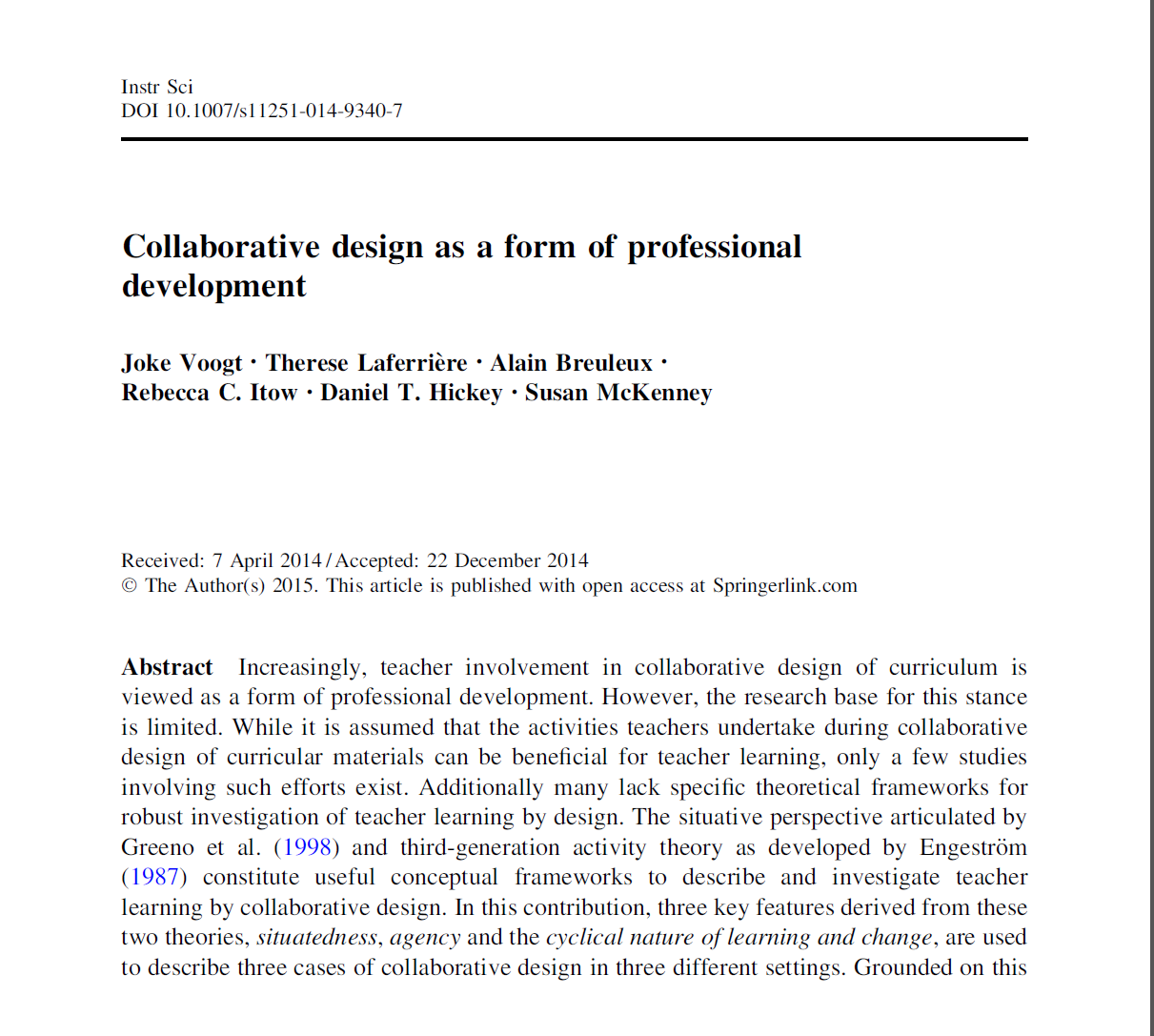Now that I have a central place to collect my writing, I will add new blog posts to this site as they’re written, but in the past, I have been contributing to several other blogs around the web. Here is a quick roundup of some of the more significant ones.
I am anchoring research into educational assessment in digital badge systems, one of four research strands of the Design Principles Documentation Project, which is wrapping up a 2-year study of 30 educational programs that are using Mozilla’s Open Badges to recognize learning. We sorted how programs designed their assessment practices into ten general design principles.
Here is an early explanation of those principles: Design Principles for Assessing Learning with Digital Badges (2013, May).
And some previous thoughts on assessment design in digital badge systems: Encouraging reflection on practice while grading an artifact: A thought on badges (2012, March).
Purdue Veterinary Medicine Digital Badges Aim to Excite Youth and Expand their Knowledge (2013, July).
I write a lot about educational assessment and technology outside of badges as well. Here’s a sampling:
The role of artifact reflections in participatory assessment (2012, July).
Reflections on using a wiki to organize a summer learning event: Summer 2012 hackjam: The wiki (2012, June).
Three firsts: Bloomington’s first hackjam, ForAllBadges app, and participatory assessment + Hackasaurus (2012, June).
Itow, R.C., Hickey, D. T. (2012, February). Finnish lessons: Start a conversation.
Itow, R.C. (2011, December). Another misuse of standardized tests: Color coded ID cards?
 There I was part of a workshop led by Yael Kali and Susan McKenney, where we discussed collaborative and participatory approaches to teacher learning. I collaborated with Joke Voogt, Therese Laferrière, Alain Breuleux, Daniel T. Hickey, and Susan McKenney to write our article on Collaborative Design as a Form of Professional Development, just published in Instructional Science.
There I was part of a workshop led by Yael Kali and Susan McKenney, where we discussed collaborative and participatory approaches to teacher learning. I collaborated with Joke Voogt, Therese Laferrière, Alain Breuleux, Daniel T. Hickey, and Susan McKenney to write our article on Collaborative Design as a Form of Professional Development, just published in Instructional Science.